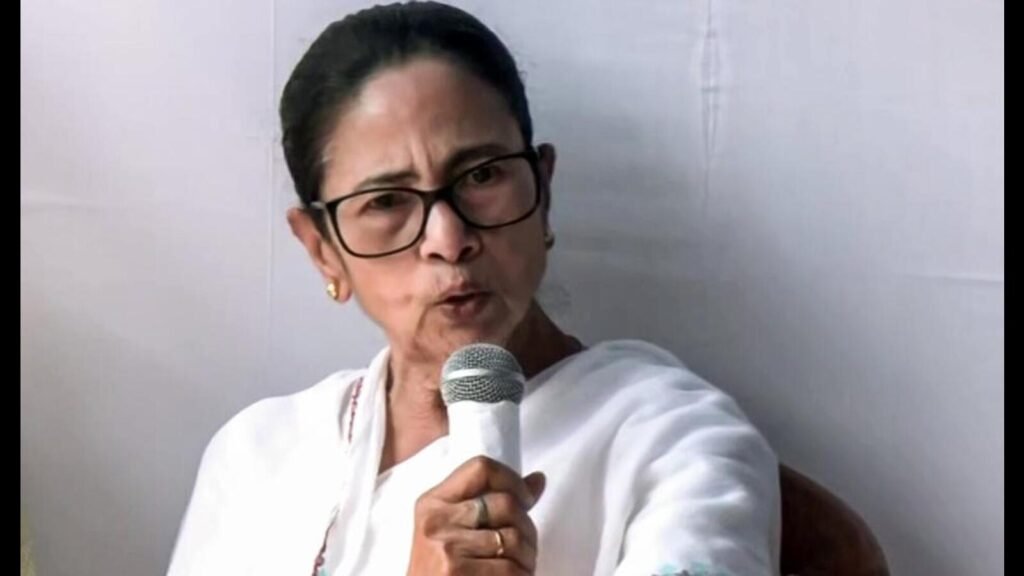
West Bengal chief minister (CM) Mamata Banerjee had some advice for the medical student in Durgapur who was raped outside her campus. “We are not defending anyone but girls should not leave campus at night,” said one of only two women CMs in India at present.

The student had stepped out with a male batchmate for dinner at around 8 pm when they were accosted by a group of men. The friend reportedly fled the scene, leaving the student alone with the men. So far, the police have arrested six men, including the friend.
This is not the first time Banerjee has jumped in with her own theories about individual rape cases.
In 2012, “fabricated” was the word she used to describe the rape of the “Park Street victim”, as media called her. Suzette Jordan was no victim and waived her right to anonymity. She was eventually vindicated by the court.
But super-sleuth Banerjee has not stopped unearthing political conspiracies and failed love affairs (2022 Nadia, 2023 Kaligunj), even before investigations are complete.
She is not alone. Dispensing advice to female victims of violence seems to have become a national sport. Sheila Dixshit, then Delhi CM, advised women not to be so adventurous after journalist Soumya Vishwanathan was killed while driving home after a night shift. Goa CM Pramod Sawant, in 2021, blamed the parents for the rape of two minor girls, because the latter allowed the girls to go out at night. RSS chief Mohan Bhagwat’s cryptic statement on rape happening in India and not Bharat implied that Western lifestyles were to blame. And former Uttar Pradesh CM Mulayam Singh Yadav and his partymen seemed to give carte blanche to “boys” who sometimes make “mistakes”. Like raping women.
Earlier this week, the BJP MLA from Beed, Maharashtra, Gopichand Padalkar advised women to do yoga at home instead of joining gyms “where you don’t know who the trainer is”. But as I write this, news is coming in of an engineering student raped by a junior inside the restroom of her own college. Now what? Don’t go to college? Lock up girls and women except, wait, one in three is subject to violence from a family member, according to the National Family Health Survey. Now what?
In no other crime is this much scrutiny placed on the victim. Nobody asks if the victim of chain-snatching “asked for it”. Yet, when it comes to rape and sexual crimes, we have endless questions: Why was she out late at night? Why was she drinking? What was she wearing? Was she friends with the perpetrator?
The answer to all of the above is: It doesn’t matter. When we ask these questions we are reinforcing the message that a woman belongs inside her house. Worse, we are making excuses for men who rape.
Patriarchy functions by placing the burden of not being raped on women themselves. It is not just politicians. Rape adjudication is littered with instances of how judges are influenced by how they believe a rape victim ought to behave. This is not justice, advice or concern. This is moral policing by a state that has failed to keep women safe.
Rape happens because men rape. It’s really that simple. It is the job of governments, administration, and workplaces to provide safe environments. Instead of looking for failed love affairs and political conspiracies, Banerjee might want to address school curriculums that do not teach consent. She may want to strengthen non-profits to tackle toxic ideas of masculinity. She could ensure swift trials and early justice.
At the very least, she could keep her opinions to herself.
Namita Bhandare writes on gender. The views expressed are personal




